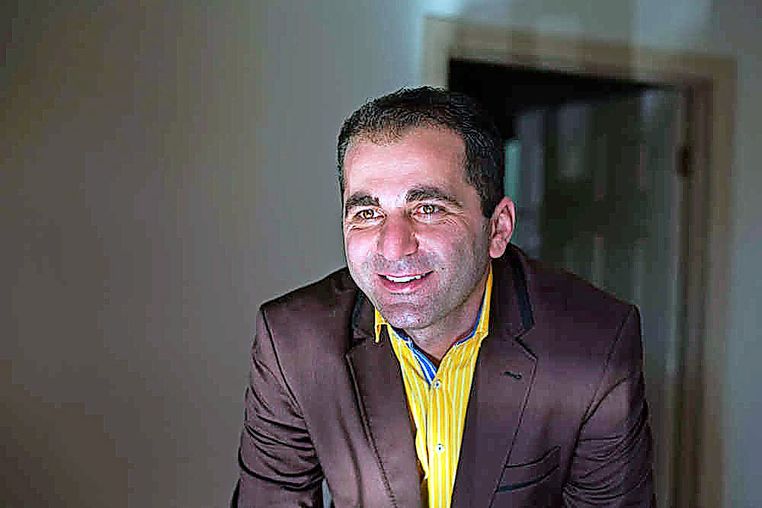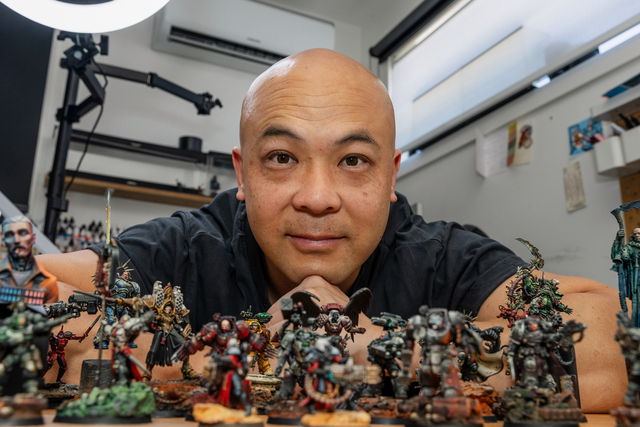Iraqi refugee Aseel Yako has worked in some of the most confronting, pressure-filled conditions a doctor can face, but he can’t find employment in Australia.
Mr Yako worked as a doctor in Iraq for more than 10 years. His daily work included tending to battlefield wounds suffered by soldiers or militia members fighting ISIS and patching up women and children horrifically injured in explosions and gunfire.
“During the period of conflict, explosions were an every day occurrence,” Mr Yako said.
“Every day people came in burned, shot or even tortured.
“It was a lot of pressure, especially at the beginning … but you quickly learnt that it was part of the job.
“We did our very best to save people and if we couldn’t, we had to quickly move on.”
Mr Yako saved hundreds of lives, however he was forced to flee his home as conflict escalated.
“My home town in the north was attacked by terrorists and everybody left,” he said.
“We made our way to another town and stayed about a year before we left for Jordan.”
Mr Yako and his family spent just over a year in Jordan before coming to Australia in January last year as a refugee.
Mr Yako, who lives in St Albans, is eligible to work in Australia, but said the reality of obtaining employment isn’t so simple.
Despite his years of experience, he said the current system makes it difficult for skilled migrants to obtain work.
“Because I’m from another country, I’m at an immediate disadvantage when I interview for a job against somebody who knows the Australian health care system,” he said.
“Australia has been great to me and my family, but I wish there was more active help for people with professional skills.
“A program that helps develop skills and eliminates the perception that people like myself aren’t as qualified as others.
“Staying on Centrelink isn’t going to help anyone long term.
“Changes to the system would help us all contribute.”







